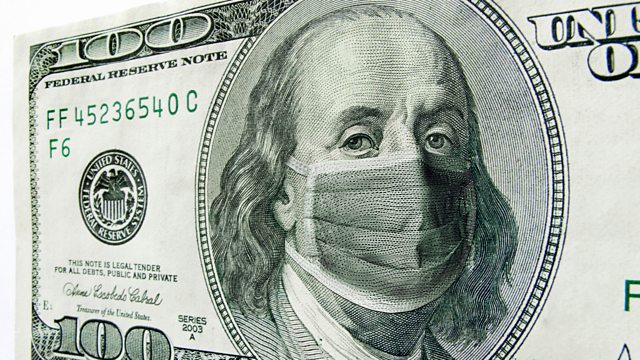An uncertain air of economic recession is taking over the world due to the COVID-19 outbreak. Markets around the world are faced with extreme economic challenges. Amidst this, foreign investors have decided to withdraw investments estimated to be worth $26 billion from developing Asian economies. A Congressional report says that out of the $26 billion, over $16 billion will be withdrawn from India.
Recession in the Eurozone and the USA
More than 30 million people in the UK, France, German, Spain and Italy have issued applications for state support. As per the data for 2020 (first quarter) the Eurozone economy has shown a decline of 3.8%. This marks the largest quarterly decline since Eurozone’s inception in 1995.
As for the United States, data points to the GDP fall of 4.8% in the first quarter of 2020. This decline comes second only to the 2008 (fourth quarter) global financial crisis.
A report by the CRS also stated that disparity in policies are straining relations between developing and developed nations. Most noticeable between Northern and Southern members of the Eurozone, challenging alliances and questions raised about the future of global leadership.
Strained international relations
The pandemic crisis is currently challenging governments to implement financial policies that can sustain economic activity and credit market systems. However, the top priority for many nations is the implementation of policies to develop vaccines. And also, placing the safety of citizens above everything else.
While trying to achieve this, however, differences in policies and governmental approaches are straining international relations. This gap, experts say, is arising due to differences in countries promoting nationalism, and those who wish a coordinated international response.
Current economic projections
Reports state that many major world economies are on a steady path of decline. However, China, India, and Indonesia project minimal, yet positive rates of economic growth in 2020.
A recent IMF report said that the recovery of the global economy could be more unsteady than previously projected. This would be a result of the looming uncertainty associated with the possibilities of outbreaks, lack of confidence in the economy, and permanent closures of businesses alongside the new differences in the conduct of firms and households.

